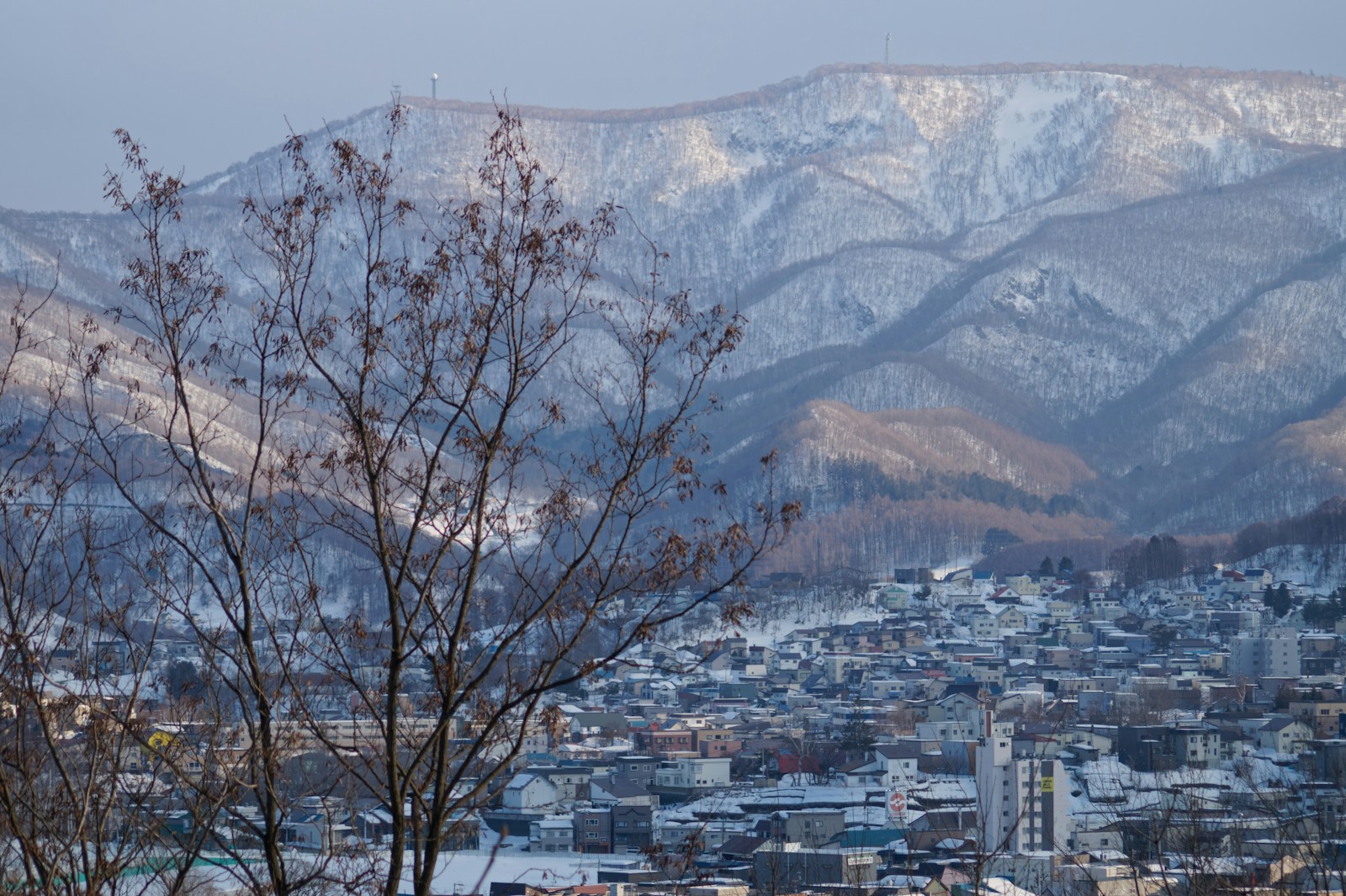Koreans in Georgia, Part 4: From the DMZ to the Deep South

The story of the Korean-American community is often told through the lens of its entrepreneurs and its high-achieving second generation. But there is an older generation whose stories are quieter, but no less profound. For the fourth part of my series on Koreans in Georgia, I had the honor of sitting down with an elderly gentleman who lives in a quiet retirement community near Atlanta. He is a veteran of the Korean War.
I met him through his church pastor. He is in his early 90s, and his movements are slow, but his mind is sharp. We sat in his small, tidy apartment, surrounded by old black-and-white photographs of his family and his time in the military. Speaking in a mix of Korean and English, he shared his story, a journey that took him from the front lines of the Cold War to a peaceful life in the American South.
He was a young man, not much older than I am now, when the war broke out in 1950. He served in the Republic of Korea Army, fighting alongside American soldiers against the North Korean and Chinese forces. He spoke of the brutal cold of the winters, the constant fear, and the camaraderie he built with the American GIs with whom he shared rations and foxholes.
"They were just boys, like us," he said, pointing to a faded photo of himself with two young, smiling American soldiers. "We could not speak the same language, but we understood each other." It was this experience that planted the seed of his American dream.
After the war, he worked for years to rebuild his life in a devastated South Korea. But he never forgot the connection he felt with the American soldiers. In the 1970s, sponsored by a friend from his army days who had settled in Georgia, he and his wife immigrated to the United States.
They started, as so many Korean immigrants did, with a small business—in his case, a shoe repair shop. He described the immense challenges of those early years: the language barrier, the cultural confusion, the long hours of hard labor. But he also spoke of the kindness he was shown by his new community. "People were good," he said. "They saw we worked hard. They gave us a chance."
He ran his shop for over 30 years before retiring. He and his wife raised two children, who are now successful professionals. He is a grandfather to four American-born grandchildren, who he is trying to teach the Korean language.
His story is not one of dramatic headlines or great wealth. It is a quiet story of survival, resilience, and the creation of a new life in a new land. He is a member of a generation of Koreans whose lives were shaped by war and upheaval. They are the foundation upon which the modern Korean-American community was built.
Listening to his story, I felt a profound sense of connection to a history that can sometimes feel distant. His journey from the DMZ to the Deep South is a powerful reminder of the deep and personal ties that bind our two countries, and of the extraordinary lives that are often hidden in the quiet corners of our communities.
